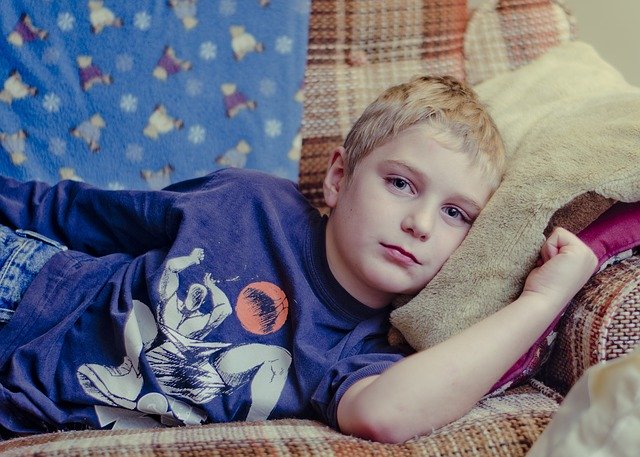Children may look sweet and innocent, but this can change in a matter of seconds when they start acting out. A child acting out means that he or she displaying aggravated levels of behaviour that don’t match up with the current situation. In most cases, when children act out, they become very aggressive, both verbally and physically. Others may throw tantrums by crying endlessly throughout the day or night. Children act out due to several underlying reasons, but generally, it results when there are unattended needs. If you have been experiencing this problem with your child here are six good reasons as to why your child may be acting out.
The Child Wants Attention
Children are known to be attention seekers. Their main desire is to be the centre of attention from dusk till dawn. However, a good number of parents may not be in a position to render the needed care due to their busy schedules. Resulting in the kids displaying behaviours considered as ‘weird’ or outlandish. For those parents overloaded by work, a helpful temporary nanny could alleviate some of the duties and provide a new source of attention. The attention-seeking, according to Australian medical doctor Alfred Adler, is mainly prevalent in middle-born children with a more significant impact on the second-borns. You’ll find that second borns are often-times competing to overthrow the firstborns. Their main aim is to steal the spotlight so that they are given all the attention in the house. As a result, such children may end up engaging in extreme and undesirable behaviours that will draw attention to them.
To Look Good In front of Other Children
As hard as it may be to believe some children simply act out to impress their friends. If your child only acts out when other children are around, then this may be the case. The wiring of a child’s mind makes them naturally appreciate laughter more. So if the acting out makes the other children laugh, your child is more likely to repeat the same behaviour. This may involve small baby riots such as throwing toys at the parent or against the wall.
The Hunger Factor
Being hungry affects the mood in not only in children but also adults. When we are hungry, our digestive system may start “acting out”, and children are not very good at concealing this. They can transfer whatever they are feeling to real-life events. Children are very hyper, so parents need to monitor their blood sugar levels and keep it at a constant. And this can only be achieved with a good feeding plan in place.
Your Child is Stressed
Like adults, children also go through their own versions of stress. When a child is stressed out, he or she may have no definite way to process and deal with the stress factor. The only option will be to act out so that the parent can notice and finally deal with the cause of the stress. In certain situations, a child may take on the parent’s stress with their growing empathy. You may find yourself needing to take a step back for a moment, to tackle your stress causer. In these cases, don’t hesitate to call for nanny services for family aid while you get back on your feet. Dealing with stress within the family, and especially with your child will require a calm heart and keen eye so as to identify the problem.
Undetected Sickness

At times children can act out because they are sick, and the illness is making them uncomfortable. Some illnesses have a way of making children overly uneasy and don’t show many physically visible symptoms. Having a high fever is one of the common signs that your child may be unwell. Best to check for higher body temperature if they’re red-faced and crying uncontrollably.
Lack of Sleep
Lack of sleep makes the most of us cranky and not function as well. Children may also act out when they are overly drained and exhausted from a long day’s child’s play. When children are tired, all they want is some sleep any attempts to engage the child in any other activity may result in the child acting out. Parents can avoid this by exposing the child to a schedule with sleep time and playtime adequately defined.